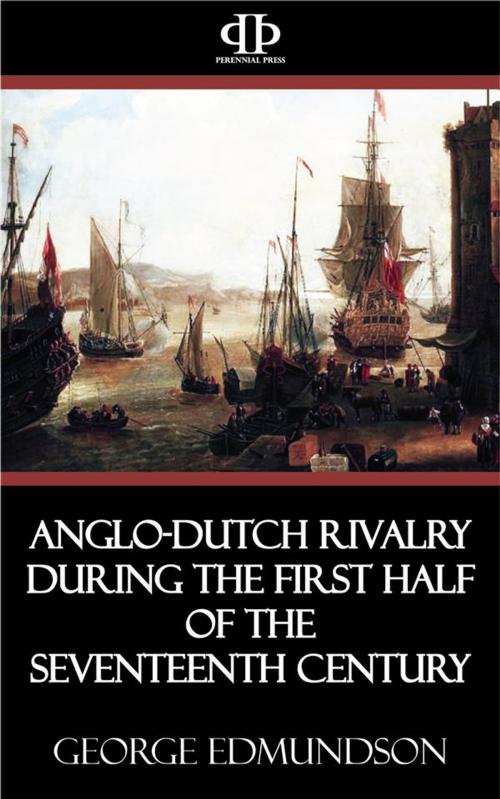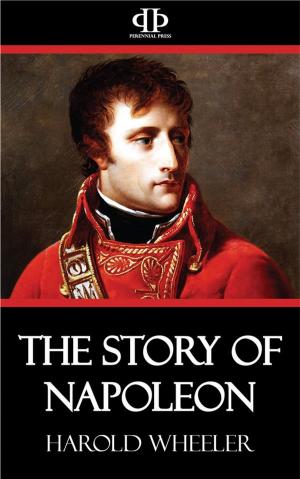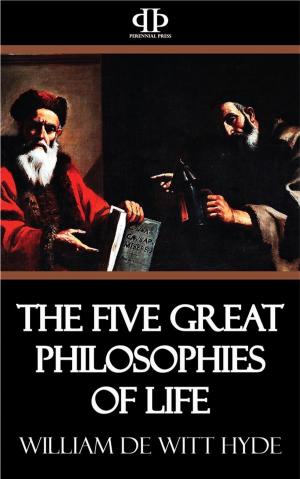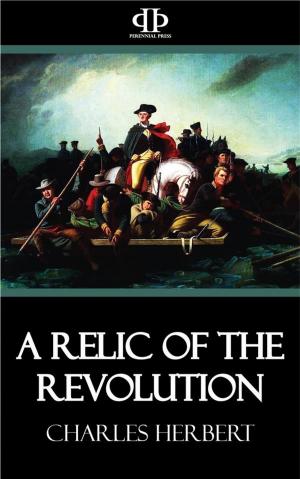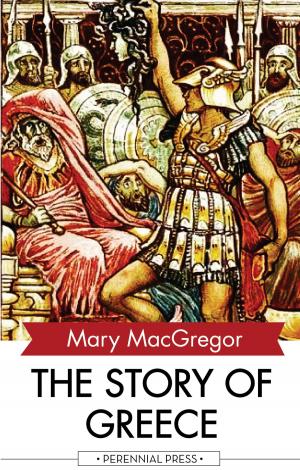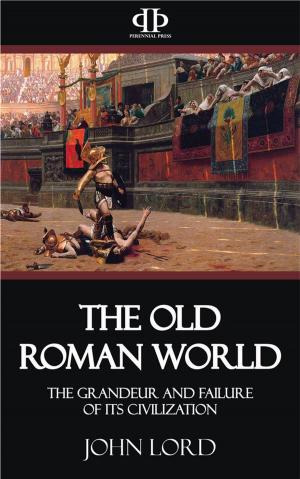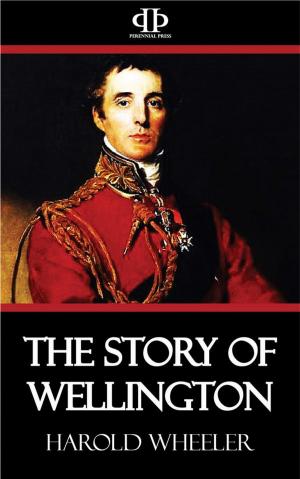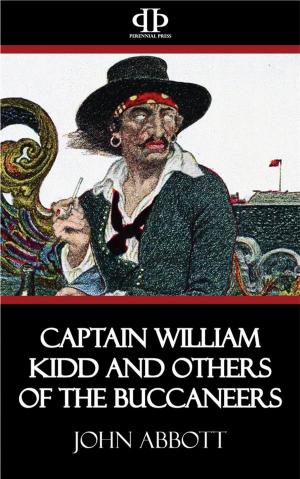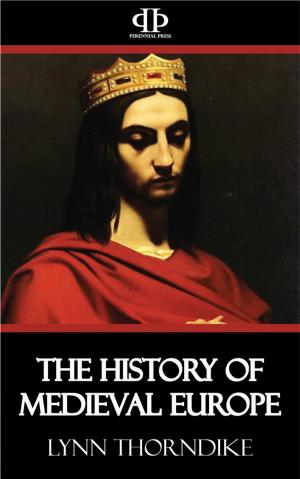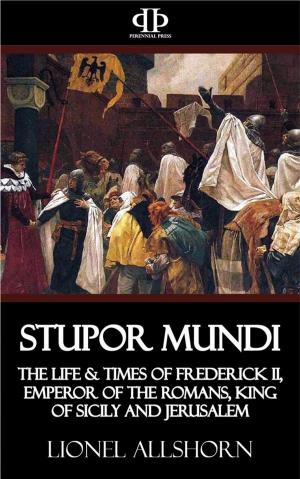Anglo-Dutch Rivalry during the First Half of the Seventeenth Century
Nonfiction, History, Modern, 17th Century, Western Europe| Author: | George Edmundson | ISBN: | 9781518372018 |
| Publisher: | Perennial Press | Publication: | January 14, 2016 |
| Imprint: | Language: | English |
| Author: | George Edmundson |
| ISBN: | 9781518372018 |
| Publisher: | Perennial Press |
| Publication: | January 14, 2016 |
| Imprint: | |
| Language: | English |
The varying fortunes of the obstinate and fiercely contested struggles with the Dutch for maritime and commercial supremacy in the days of the Commonwealth and the Restoration are familiar to all readers of English history, and especially of English naval history. Never did English seamen fight better than in these Dutch wars, and never did they meet more redoubtable foes. The details of the many dogged contests marked by alternate victory and defeat are now more or less unintelligible save to the expert in the naval strategy and tactics of the times, but legends have grown round the story of Martin Tromp sailing down the Channel with a broom at his mast-head, and of the exploit of Michael de Ruyter in burning the English ships at Chatham, which are never likely to be forgotten. The names of these two famous seamen are probably better known to Englishmen than those of any of the contemporary English admirals save that of Robert Blake alone. This fact should bespeak for the attempt that is here made to trace the causes and the growth of the Anglo-Dutch rivalry at sea and in commerce, which culminated in the collision between Blake and Tromp off Dover on May 29, 1652, and the declaration of war that followed. It has been my object in these Ford Lectures to treat of the relations between England and the United Provinces during the half-century that preceded the first outbreak of hostilities, and to make it clear that these wars of 1652-4, 1665-7, 1672-4 were the inevitable outcome of a long-continued clashing of interests, which were of fundamental importance and indeed vital to the welfare of both nations.
The first half of the seventeenth century was one of the most critical periods in English history. In any account of the reigns of the first two sovereigns of the House of Stewart political and religious questions of primary significance thrust themselves into the foreground of a picture full of deepening dramatic interest, with the result that other questions, apparently subordinate but in reality closely bound up with the national destinies, have been either relegated to the background or wholly overlooked and neglected. It has been so in regard to the questions dealt with in these pages.
The varying fortunes of the obstinate and fiercely contested struggles with the Dutch for maritime and commercial supremacy in the days of the Commonwealth and the Restoration are familiar to all readers of English history, and especially of English naval history. Never did English seamen fight better than in these Dutch wars, and never did they meet more redoubtable foes. The details of the many dogged contests marked by alternate victory and defeat are now more or less unintelligible save to the expert in the naval strategy and tactics of the times, but legends have grown round the story of Martin Tromp sailing down the Channel with a broom at his mast-head, and of the exploit of Michael de Ruyter in burning the English ships at Chatham, which are never likely to be forgotten. The names of these two famous seamen are probably better known to Englishmen than those of any of the contemporary English admirals save that of Robert Blake alone. This fact should bespeak for the attempt that is here made to trace the causes and the growth of the Anglo-Dutch rivalry at sea and in commerce, which culminated in the collision between Blake and Tromp off Dover on May 29, 1652, and the declaration of war that followed. It has been my object in these Ford Lectures to treat of the relations between England and the United Provinces during the half-century that preceded the first outbreak of hostilities, and to make it clear that these wars of 1652-4, 1665-7, 1672-4 were the inevitable outcome of a long-continued clashing of interests, which were of fundamental importance and indeed vital to the welfare of both nations.
The first half of the seventeenth century was one of the most critical periods in English history. In any account of the reigns of the first two sovereigns of the House of Stewart political and religious questions of primary significance thrust themselves into the foreground of a picture full of deepening dramatic interest, with the result that other questions, apparently subordinate but in reality closely bound up with the national destinies, have been either relegated to the background or wholly overlooked and neglected. It has been so in regard to the questions dealt with in these pages.
